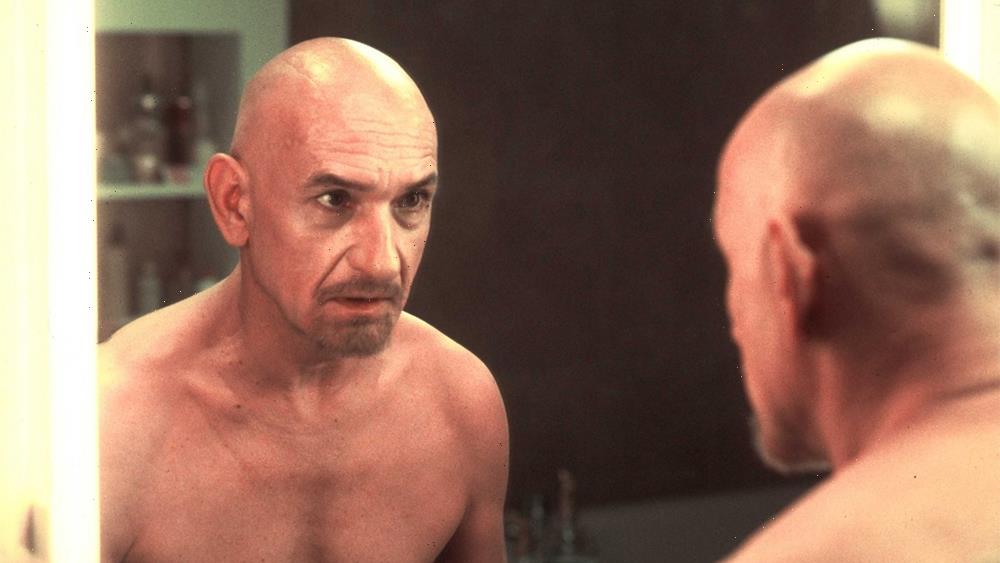Warner Bros. argues in new court filings that it never agreed to an exclusively theatrical release for “The Matrix Resurrections,” and that Village Roadshow still owes $112.5 million in production expenses on the project.
The studio is responding to a lawsuit filed last week, in which Village Roadshow alleged that Warner Bros. had breached its co-financing agreement by releasing the film simultaneously on HBO Max. Village Roadshow accused Warner Bros. of deliberately sabotaging the film’s box office in order to drive subscribers to the streaming service.
Scarlett Johansson made a nearly identical argument in her lawsuit against Disney last July over the day-and-date release of “Black Widow” on Disney Plus. In that case, Johansson argued that Disney had sacrificed the film’s box office success — shorting her out of millions in incentive-based compensation — in order to benefit its streaming service. The suit was quickly settled with a significant payment going to Johansson.
Daniel Petrocelli defended Disney in that case, and he is now offering basically the same defense for Warner Bros. In a filing on Monday, he argued that the dispute should be governed by the contract’s arbitration clause, and that Warner Bros. was allowed to release the film simultaneously on its streaming platform because the contract never promised an exclusively theatrical release.
“(T)he word ‘exclusive’ appears more than a dozen times in the parties’ agreement, but not once when it discusses Warner’s release obligations,” Petrocelli argued. “An ‘exclusive’ theatrical release was not part of the bargain.”
As with Johansson’s contract, the studio agreed to a “wide release” for “The Matrix Resurrections,” which is defined in the contract as at least 1,000 screens. Petrocelli argued that Warner Bros. more than lived up to the bargain, releasing the film on 5,000 screens.
Village Roadshow has argued, in its suit, that the contract also obliged Warner Bros. to distribute the film “consistent with customary commercial practices in the motion picture industry,” and that a 90-day exclusive theatrical window is customary. Village Roadshow’s attorneys note that of the 91 previous films produced under their partnership, all were intended for a traditional theatrical release.
Warner Bros. has also accused Village Roadshow of refusing to pay its agreed share of the film’s production costs, which comes to $112.5 million, even though Village Roadshow executives held themselves out publicly as co-financiers on the project, getting its logo on the film and seeking and obtaining tickets to the San Francisco premiere. Village Roadshow argues it cannot pay because Warner Bros. “gutted the value of the film.”
The “Matrix” lawsuit is far more sprawling than Johansson’s case, as it also involves disputes over rights to “Wonka,” the forthcoming film starring Timothée Chalamet, and a proposed TV series based on “Edge of Tomorrow.” Village Roadshow argues that Warner Bros. is bigfooting it out of rights to participate in those projects, and filed an ex parte motion on Monday for permission to file for an injunction. Warner Bros. opposed the request, arguing that the dispute does not present an emergency.
At a hearing on Tuesday, the judge denied the request and set a status hearing for March 11. Warner Bros. had initiated an arbitration proceeding prior to the lawsuit, though Village Roadshow argues that the arbitration agreement should not apply to a non-monetary dispute in state court. The court will ultimately decide whether the case belongs back in arbitration.
Source: Read Full Article


